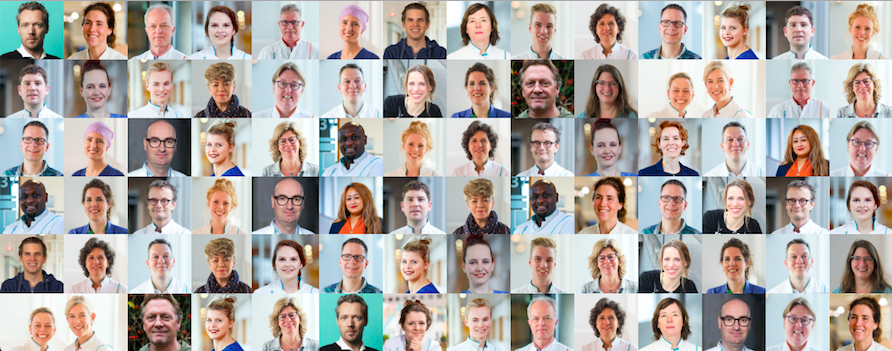Postdoc 'Genome editing to study metabolism in Glycosylation Disorders'
Postdoc 'Genome editing to study metabolism in Glycosylation Disorders'
You cannot apply for this job anymore (deadline was 20 Aug 2017).
Browse the current job offers or choose an item in the top navigation above.
Job description
Protein glycosylation is important for many biological functions. Inherited defects in this process lead to severe disease in children and also help to uncover the biochemical mechanisms of protein glycosylation. Our research has shown unexpected mechanisms in sugar metabolic pathways that influence protein glycosylation in a tissue-specific way. We have established novel metabolomics analyses of sugar metabolites (levels and flux analysis) to investigate these mechanisms in tissue-specific cell models.
In this project, muscle-specific cell models will be generated by CRISPR/Cas9 genome editing (knock-out and knock-in) and from patient fibroblasts (via iPSCs and/or MyoD transduction) to study the biochemical mechanisms in sugar metabolism in relation to protein glycosylation. We expect that this will lead to novel concrete treatment strategies. The project has a translational signature, combining basic and patient-oriented science.
Specifications
- max. 36 hours per week
- Nijmegen View on Google Maps
Requirements
The ideal candidate has 2 - 5 years post-doctoral experience, and has shown excellent capabilities to perform independent high-level research, related with genome editing and preferably muscle cell pathophysiology.
- Academic degree (MSc and PhD) in molecular life sciences or any related discipline;
- Enthusiasm, curiosity and ambition to succeed in academic research;
- Strong experience in molecular biology (CRISPR/Cas9);
- Preferred experience in muscle-cell models;
- Interested in translational research.
Conditions of employment
Fixed-term contract: 3 years.
Scale 10: max. € 57947 gross income per year at full employment (incl. vacation bonus and end of year payments)
Employer
Radboudumc (university medical center)
The Radboudumc center advances human knowledge by conducting biomedical, translational and clinical research in order to improve wellbeing.
Our key strength is medical life-sciences and clinical practice, with an impressive infrastructure comprising state-of-the-art technology platforms and (translational) research facilities. The Radboudumc is therefore uniquely positioned in the emerging Euregio and Dutch healthcare infrastructure to play a leading role in the new healthcare paradigm of prediction, prevention and personalised medicine.
The Radboudumc focuses on scientific health challenges of today, with an eye on emerging diseases of the future.
Our mission: ‘to have a significant impact on healthcare’.
Department
The position is in the Department of Neurology, physically housed in the Translational Metabolic Laboratory, and with strong interactions with the department of Human Genetics. The goal of this position is to establish a research group on the pathophysiological mechanisms of genetic glycosylation-related myopathies in between the clinic and genetics. The Radboudumc offers several programs to support the early steps of a scientific career, which will form part of the selection process. The Translational Metabolic Laboratory harbors a range of top researchers in the area of inherited diseases: disorders of movement, mitochondrial disease, protein glycosylation (CDG), etc. This lead to recent publications in high-impact papers (Science, NEJM, Nature Genetics) in the field of Glycosylation-related myopathies.
The research in the lab is closely linked to other departments such as Genetics and Pediatrics. The combined infrastructure is state-of-the-art including innovative genetics tools (TALEN&CRISPR/cas9 technology, Next-Generation Sequencing, etc.), the Radboudumc Technology Center for mass spectrometry and a wide range of cellular functional assays. In addition, many research is performed in model cells and organisms using molecular biology tools to identify and investigate new disease genes.
Specifications
- Postdoc
- Natural sciences; Health
- max. 36 hours per week
- Doctorate
:fill(white)/logos/umcr-en-wide.png)
